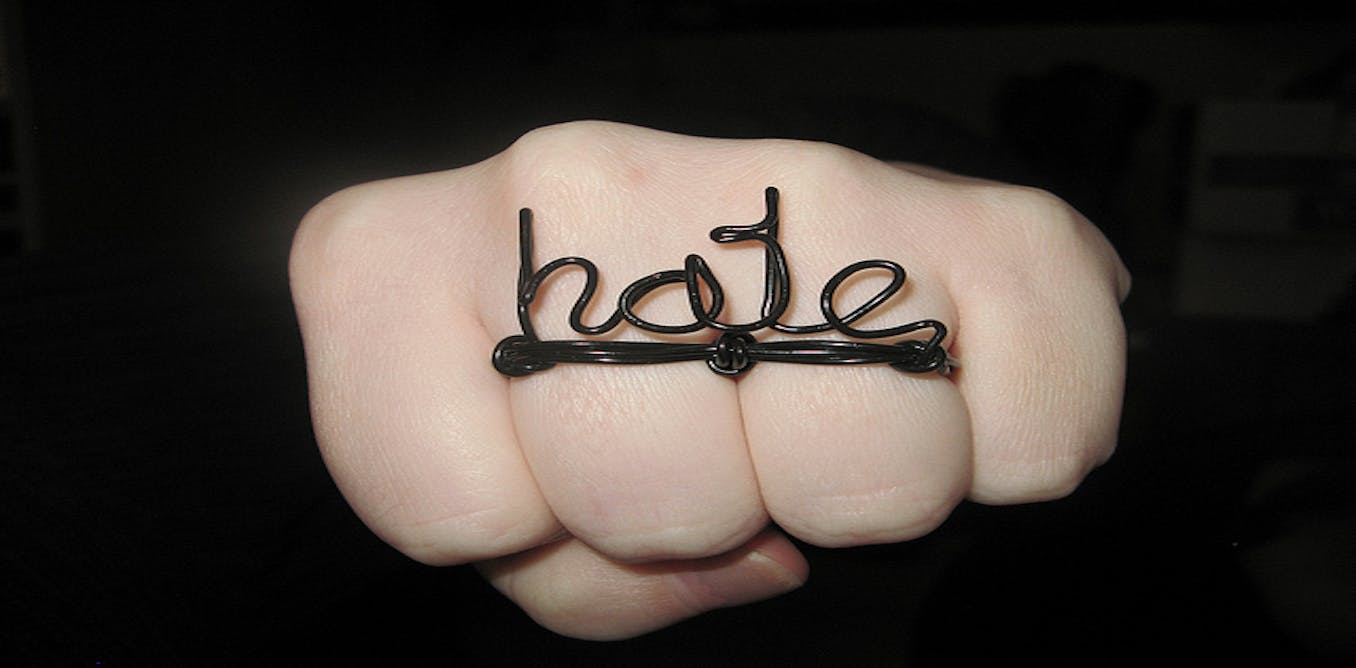I have revised slightly my original post. With lunta's comments I realized my point was not entirely clear, that sometimes we have to "just feed the birds," whose meaning I had hoped was clear.
I hope the revisions clarify my point.
For many years, there was a popular saying that everyone seemed to know: "Think globally, act locally." Basically, it was a call to consider the global environmental implications in every decision we make. Not a bad sentiment, but I find myself living by something quite different in these latter days of my life.
In my backyard, which is perpetually sun-challenged, I have an array of drought-resistant perennials ranging from Hostas to Black-eyed Susans to Purple Coneflowers. Unfortunately, I have never had any luck with my Milkweed efforts, but at least the 'garden' offers something for pollinators.
Also in the backyard I keep a birdbath and two bird feeders, both of which I replenish regularly. Seeing the birds come and the bees collecting pollen offers me a small measure of comfort in these dark days. Because, when you think about it, sometimes all you can do is feed the birds.
The above essentially encapsulates what has become my philosophy of life. Recognizing that the big issues like war, famine, drought, massive climate change, to name but four, have little likelihood of remediation, I was forced to change my outlook in order to keep even a semblance of hope and positivity.
Feeding the birds both literally and metaphorically allows me to maintain my humanity. Metaphorically, it means doing a little good, usually locally, when I can. Such acts do not have a world-shaking impact but perhaps might make someone else's life just a little bit better or at least reduce their suffering in a small way.
I will not bore you with details of how I try to practise this philosophy, but opportunities to help abound: community refrigerators, hot-meal programs, foodbanks, mentoring, helping a neigbour, providing a sympathetic ear to someone in distress, etc. Because some people enjoy a graphic, l bring to your attention, and only as an example, the situation of a young boy whose family is facing real challenges in living with and accommodating his rapidly deteriorating condition. I am not advocating for them, but only offer this as one example of how all of us, in our way, in our own communities, can "feed the birds."
Here is Brodie's story:
In my life, I have much to be thankful for. I accept the goodness in my life with gratitude, knowing that days of grace are guaranteed to no one, nor are they really ever merited. As grateful as I am, if I can do even a little to show monetary/emotional support for individuals who are suffering, I feel called to do so.
We sometimes really do underestimate what a kind word, a sympathetic voice, a show of support or a small donation can achieve in someone's life.





